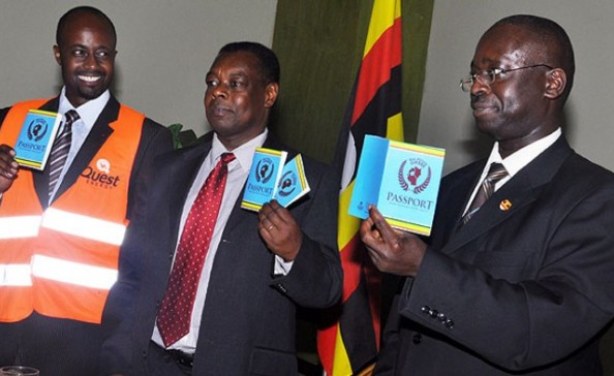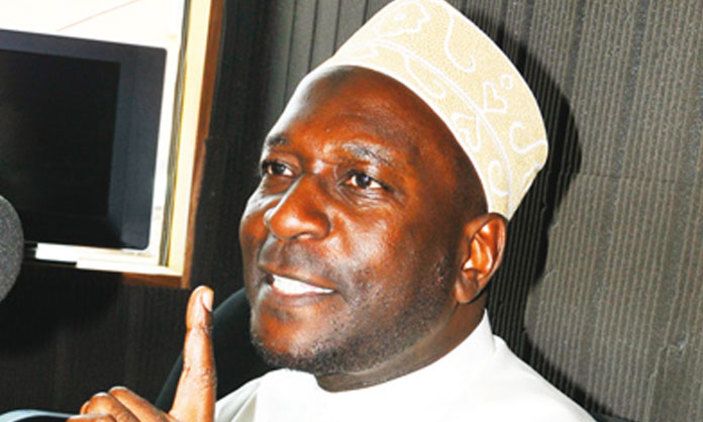Legislators have questioned the move by government to introduce the new international East African electronic passport to replace the current passports.
The Minister of State for Internal Affairs, Hon Mario Obiga Kania, said that following an East African Community (EAC) directive by Heads of State, the government intends to roll out new passports on 20 January 2019.
He said that passports were to be rolled out in three regional centres in Mbarara, Mbale and Gulu and seven issuing centres abroad.
“These passports have chips that are easier to read by the micro-processor reader at border points and have safety measures like biometric data which makes it hard to forge,” Obiga Kania said during plenary sitting of Parliament on Tuesday, 4 December 2018.
The Minister said the old passports will be phased out over a period of two years from launch of the new passport and will become invalid after 9 January 2021
The ordinary passport (called a passport) with 48 and 64 pages will cost Shs250,000 and Shs300,000 respectively; the official passport (called a service passport) will cost Shs400,000 while the diplomatic passport will cost Shs500,000, while Shs150,000 will be charged as the express fee.
“The application process of the passport will be manual and online; the latter including filling out an online form. Applicants must have a national identity card,” Obiga Kania noted.
However, the Speaker of Parliament, Rebecca Kadaga and Members of Parliament raised concern over the entire process from its legality, ease with administration and costs.
Kadaga asked whether there is a country recognised as East Africa for it to be able to issue passports. She also wondered whether the Presidents’ directive was ever brought to the attention of Parliament.
“The protocol has not yet been read here; where is the legal authority changing the Ugandan passport to an East African passport?” Kadaga asked.
Hon. James Majegere questioned the fundamental difference between the two cards.
“They say the advantage will be the ease with using e-gates at terminals and borders and automated issuance of boarding passes; but our current passports work perfectly at the e-gates and issuance of boarding passes,” he said.
Majegere added that people should not be given an ultimatum to change their passport especially for those who have just renewed theirs.
“Let a person be given time for their passport to expire or fill up before they move to the new passport,” he noted.
Hon. Alex Byarugaba asked for the legal basis of action to adopt the East African e-passports.
“I thought that these decisions and protocols need to be ratified and approved by Parliament. There is no need and hurry to migrate to the new passports especially without the consent of Parliament,” he said.
Hon. Jovah Kamateeka said that the Minister lacked, “a binding authoritative legal instrument that acknowledges the East African passport”.
Hon. Raphael Magyezi questioned the lengthy and tiresome process involved in acquiring the new passports, involving filling of forms, bank payments before the document can be acquired.
He recommended that the Ministry establishes a one stop centre where the entire process can be centralised.
Hon. Jacob Oboth said that the idea of introducing new passports was not well thought out and is not sensitive to the concerned of citizens.
“My passport goes up to 2028 and I will sue you for making me get a new passport as I just paid for [what I have]. The passports are expensive to acquire and now you want someone to pay the extra costs?” he said.
Hon. Harold Muhindo said that the costs of obtaining the new passports are prohibitive.
He added that someone holding a valid passport should not be required to sit through another interview for a new e-passport.
Minister Obiga Kania said that the e-passports will be issued by each of the EAC Partner States in their own names.
“The East African bit of the passport is in the design and a chip which are common across the member states,” he said.
He promised to present to Parliament the supporting documents responding to all the questions raised including the legality of the proposal to introduce the e-passports.
Parliamentary News















